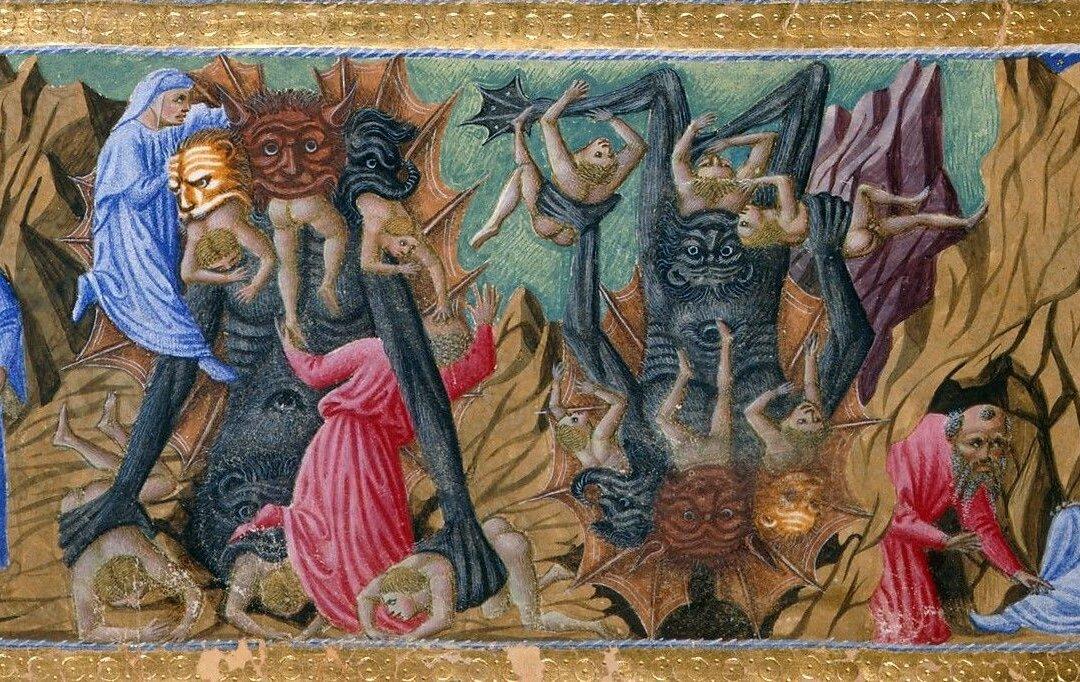In Part 1 of this article, we spoke of the importance of young minds being exposed to great literature—though the point is true for all people of whatever age. Great literature can provide an antidote to “woke” virtue signaling, and also provide a context within which some real thinking about life, the meaning of life, and our purpose can be explored.
And we made the point that classic texts are those which have proven their worth over centuries, even millennia, not the latest and fashionable books spouting clichéd memes. Dante, we said, is a good example of just such an author who is valuable to read and, further, to study. Indeed, although he died 699 years ago, his work is as topical and relevant now as it was then.






